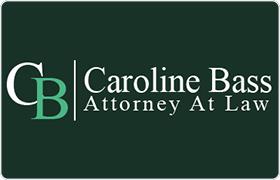Taos Divorce Lawyer, New Mexico
Sponsored Law Firm
-
 x
x

Click For More Info:
-
Caroline Bass, Attorney At Law
1405 Vegas Verdes Unit 348 Santa Fe, NM 87507» view mapDivorce & Family Law Experienced. Knowledgeable. Responsive.
With 35 years of experience, I can accurately anticipate the opposition’s tactics and build creative arguments to support your case.
800-853-6550
Includes: Alimony & Spousal Support
Not enough matches for Taos Divorce lawyer.
Below are all Taos Divorce & Family Law lawyers.
Howard Raab
Family Law, Mediation, Arbitration, Dispute Resolution
Status: Retired *Status is reviewed annually. For latest information visit here
Catherine E. Oliver
Family Law, Divorce & Family Law
Status: In Good Standing *Status is reviewed annually. For latest information visit here
Charles E. Neelley
Family Law, Juvenile Law, Children's Rights, Children's Rights
Status: Inactive *Status is reviewed annually. For latest information visit here
Elizabeth A. Musselman
Landlord-Tenant, Family Law, Children's Rights, Wills, Guardianships & Conservatorships
Status: In Good Standing *Status is reviewed annually. For latest information visit here
 Caroline Bass Santa Fe, NM
Caroline Bass Santa Fe, NM Practice AreasExpertise
Practice AreasExpertise